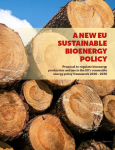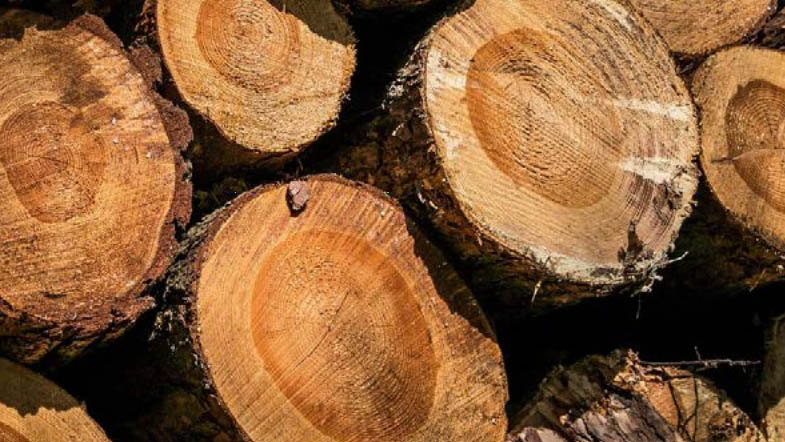Brussels, 05 September 2016
Wetlands International – European Association joined other 10 NGOs in a call to the European Commission for a more sustainable Bioenergy Policy framework for the period 2020-2030.

Supporting the policy briefing, Wetlands International – EU Association recalls the fact that the production of source materials for bioenergy should not be obtained from land with high carbon stock, such as peatlands and other wetlands, as drainage and cultivation of these areas results in elevated carbon emissions; higher than equivalent use of fossil fuels. This should not count only for biomass, but for all forms of biofuels, bioliquids and biogas production.
We ask for stringent carbon accounting, social and ecological/biodiversity criteria need to be used to produce bioenergy that is really beneficial. For biofuels produced on peatlands this can be achieved by producing biomass on rewetted peat (using paludiculture techniques). We urge appropriate certification standards and capacity to develop sustainable bioenergy, both in terms of ecological, biodiversity, social and GHG impacts. Current EU certification standards all fail in this regard.
The briefing launched today recommends that the EU introduces sustainability criteria that:
- Put a limit on the amount of bioenergy that can be counted towards 2030 renewable energy and climate targets
- Exclude high risk biomass sources, such as biomass from protected areas, crops from agricultural land, roundwood and stumps from forests
- Limit the amount of residues extracted from agricultural or forested land
- Ensure social and human rights are respected
- Ensure that bioenergy does not displace other uses of biomass and is in line with the principles of cascading use
- Ensure bioenergy is only used in the most efficient energy installations.
Sustainability criteria for biomass should apply the cascading use principle, where high quality biomass (in terms of climate mitigation and ecosystem services) such as peat or peatland habitats, should not be used for bioenergy.

A new EU sustainable bioenergy policy
download
